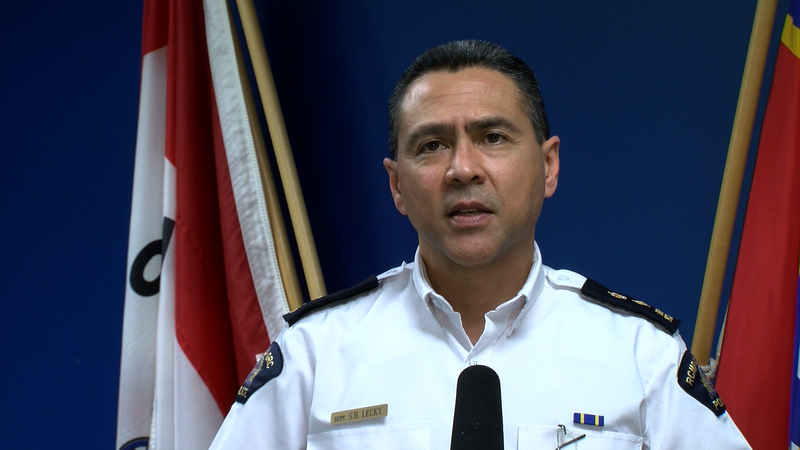
Kamloops RCMP superintendent pushing for safe drug supply, focusing on prolific offenders
KAMLOOPS — The officer in charge of the Kamloops RCMP says the detachment has to start thinking outside the box and doing business differently. Supt. Syd Lecky would like to see the introduction of a safe drug supply here and across the province to curb some of the problems.
“The need for a safe supply, I think, is obvious now,” he told CFJC Today. “The pandemic is bad enough as it is, but when you look at the impact it’s had on our community for the drug situation, there’s no question that we need to start doing things differently.”
The federal government in February committed $15 million over four years to create four safe drug supply projects across the country. Vancouver and Victoria are two cities in B.C. taking part.


